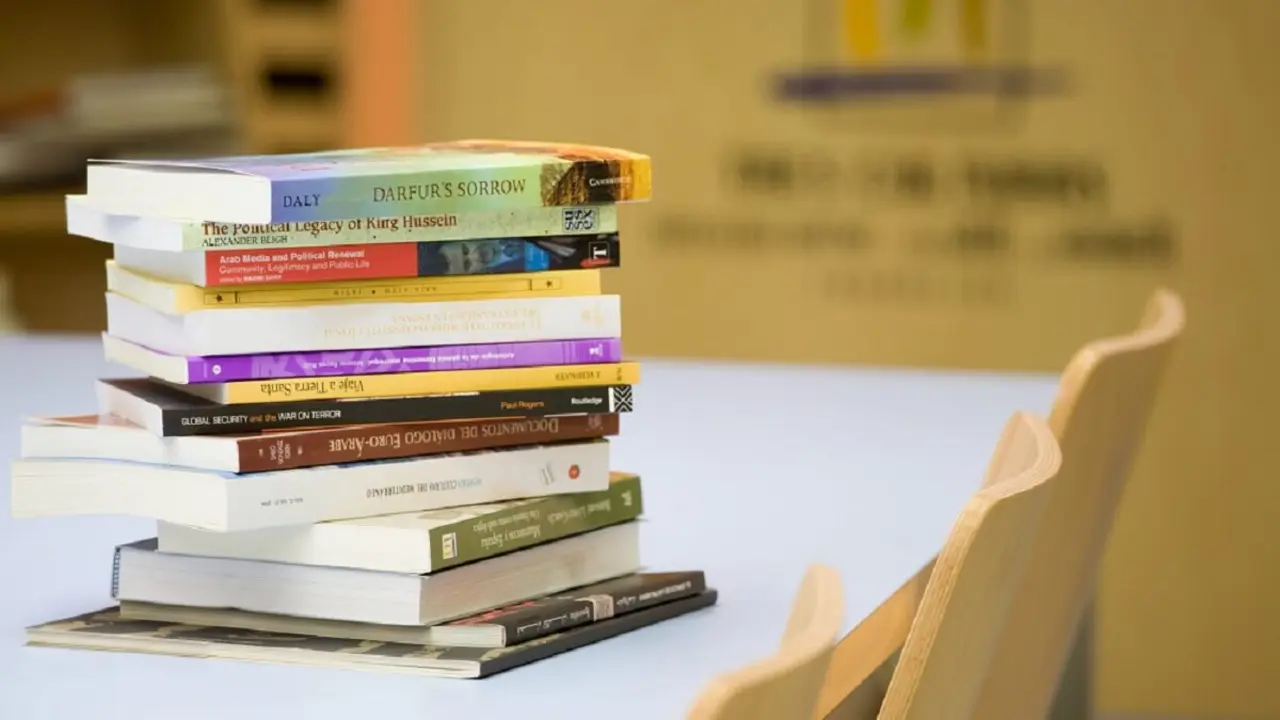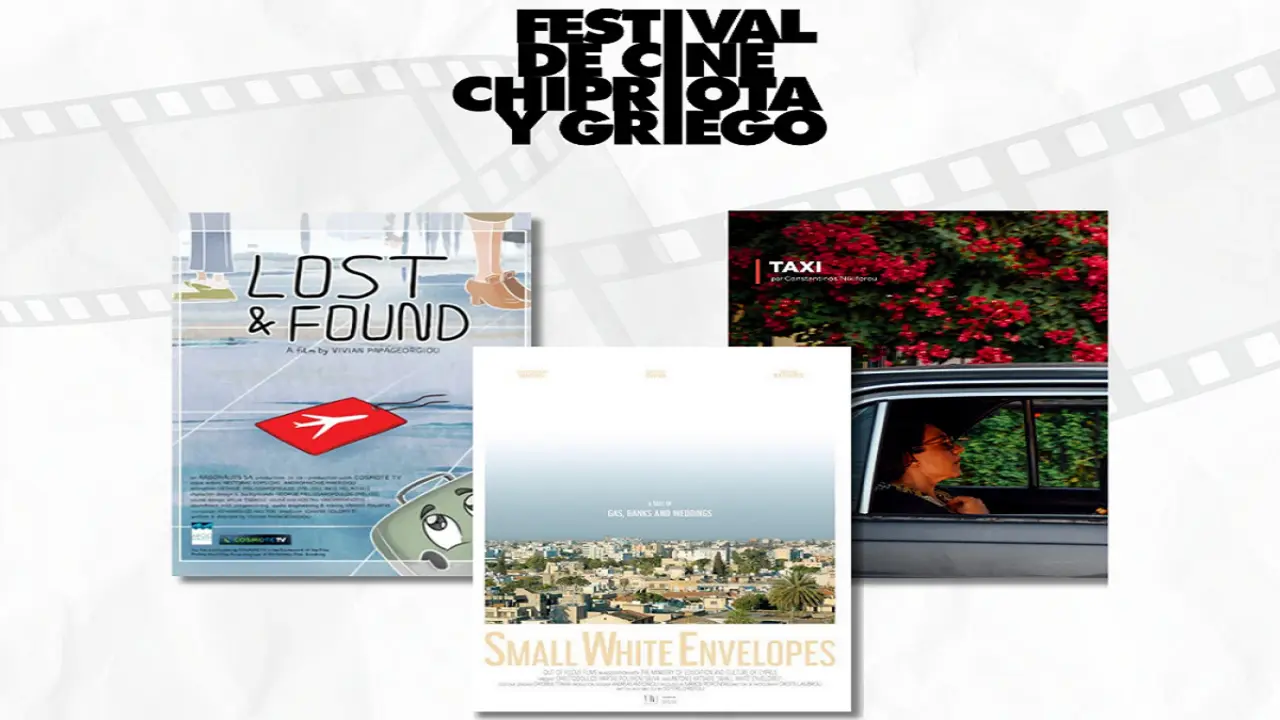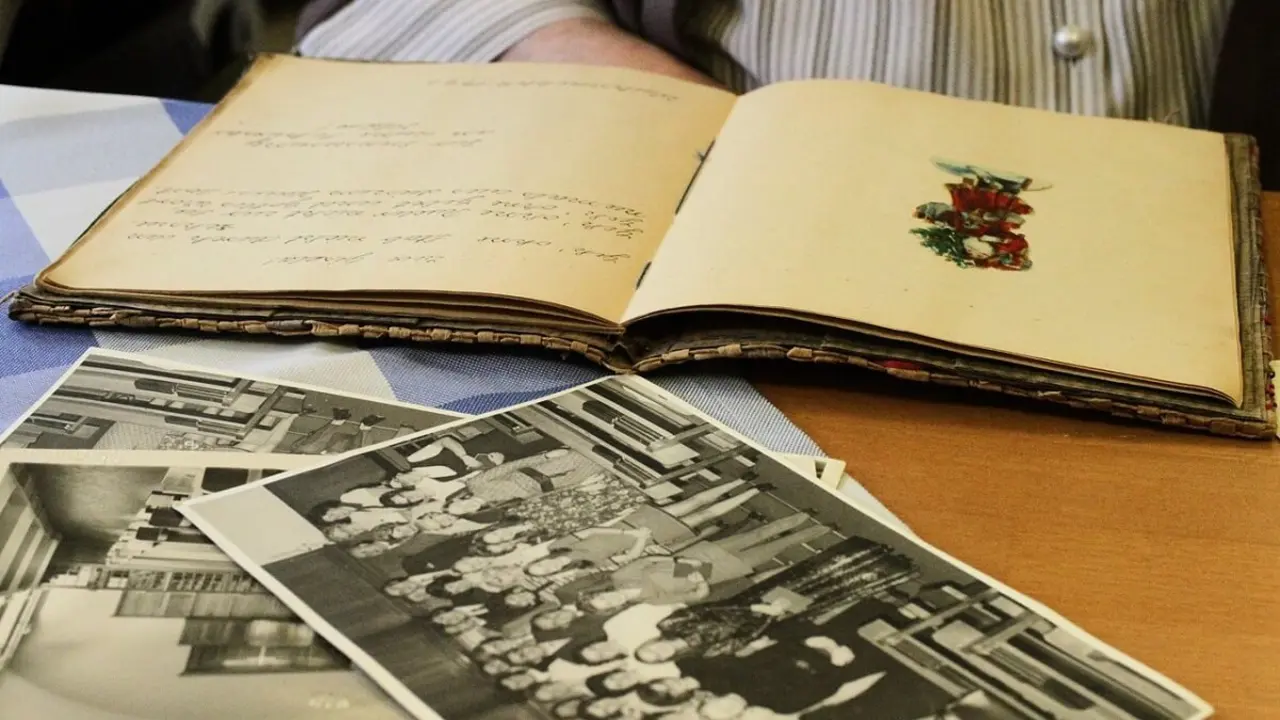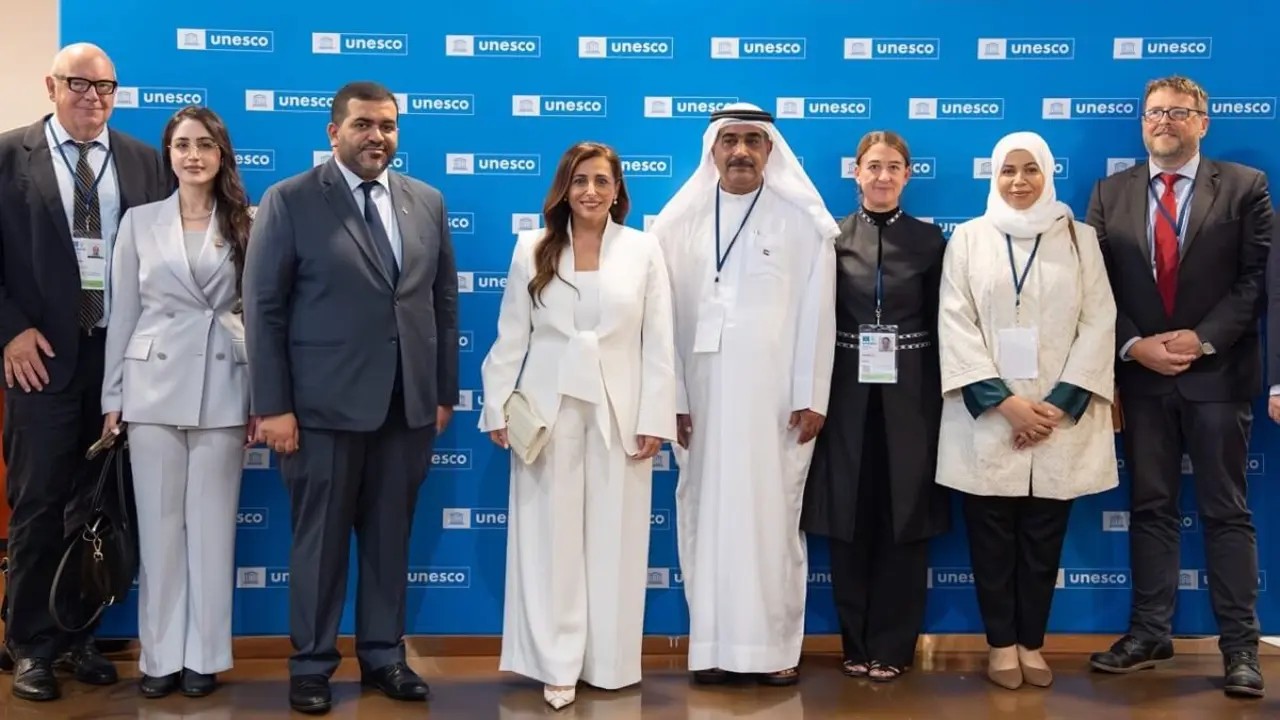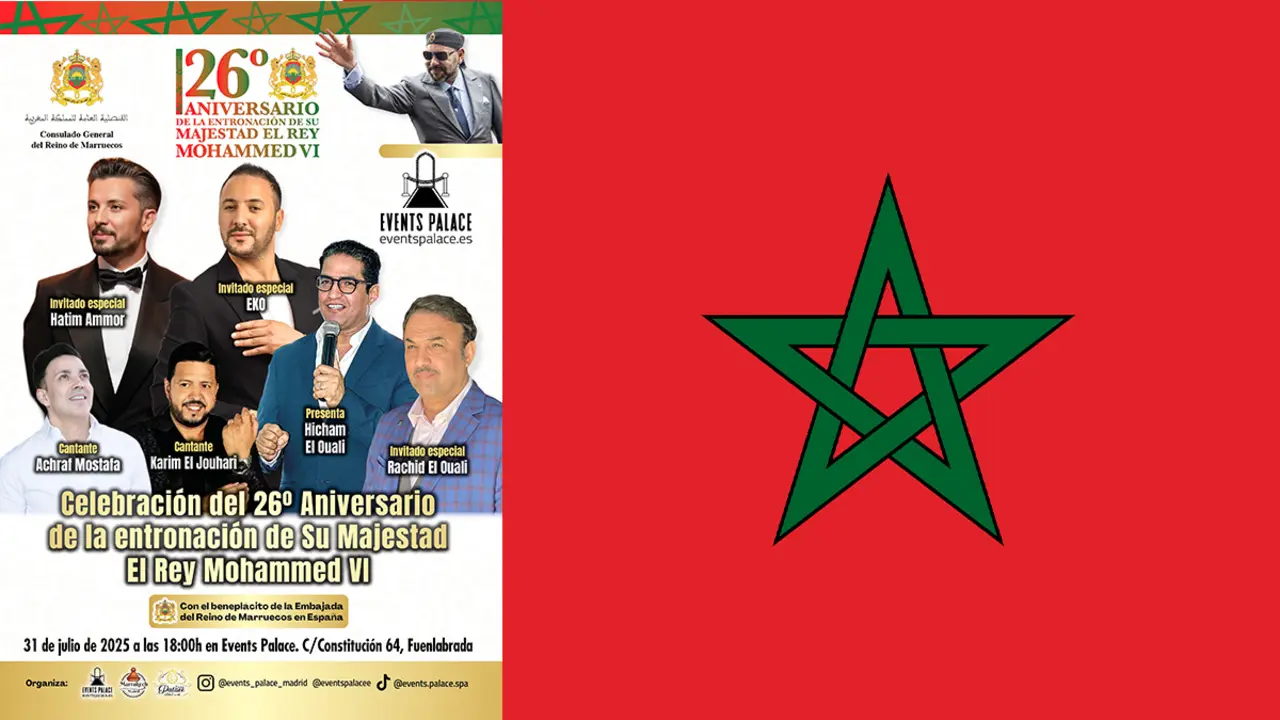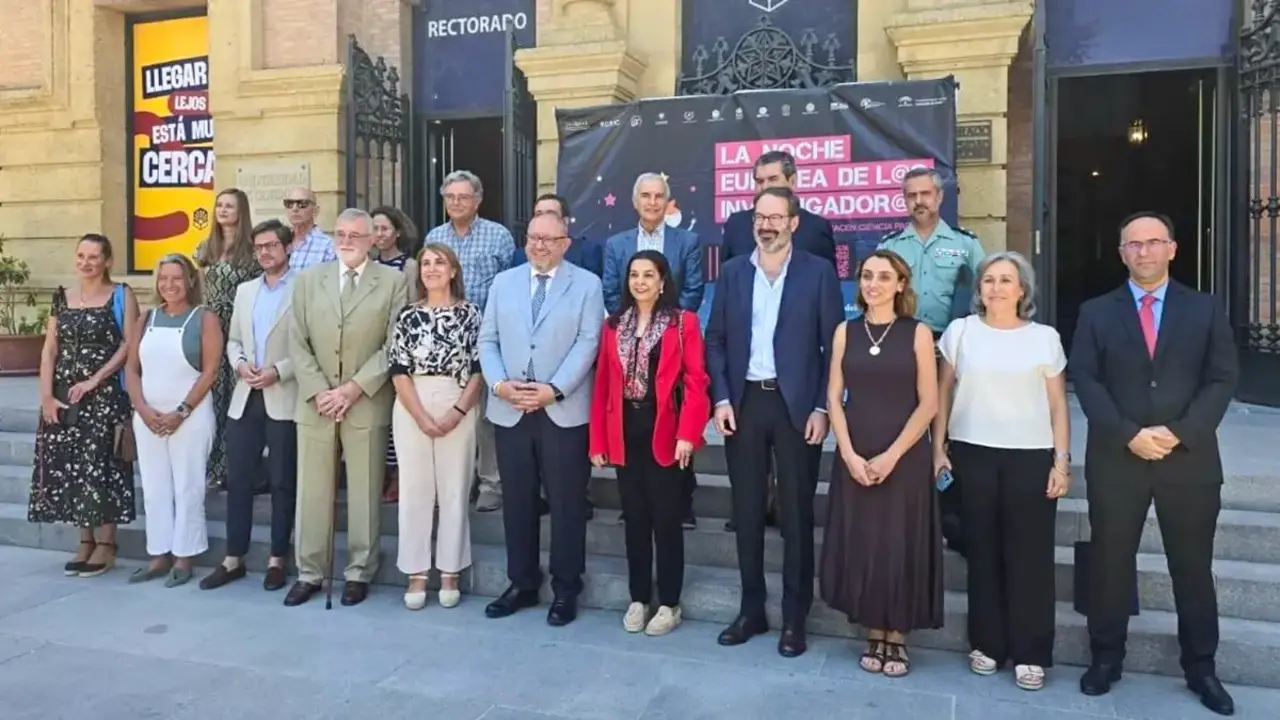Kamar Aarras: "Spanish literature must be brought closer to Arab children"

The writer and translator Kamar Aarras travelled from Tetouan to Sharjah to take part, for the first time, in the Children's Reading Festival. In this emirate, she has had the opportunity not only to present her books Dry Bread (Yamboe al Kitad publishing house), Camila and the Sun (Dar al Mostakbal) and A Gift with a Taste of the Sea (Dar al Fonon), but also other works she has translated from Spanish into Arabic: The Portrait of Carlota and Castles in the Air by the Spanish Ana Alcolea, and A Very Interesting Man and The Girl Who Lived in the Clouds by the Argentinian Silvia Arazi. As a great lover of Spanish literature, one of her great wishes is that more books be translated from Spanish into Arabic so that they can be known by children in Arab countries. The translations that are currently being done, she says, are very few, and sometimes directly from English, the language that is imposed, "so the aesthetics are being lost in this succession of translations".

What does this Sharjah Children's Reading Festival offer you as a Spanish translator?
As a writer for children and young people, this festival offers me many things. Firstly, the possibility of meeting publishers, which opens up a greater opportunity to publish my work. Secondly, my presence, because I can present my books through press and TV interviews. As a translator, I can make known the Spanish culture that I love so much. I have translated works by the Aragonese Ana Alcolea, who is a great author of youth literature with several prizes, and also by the Argentinian Silvia Arazi. There is very little translation from Spanish into Arabic, because almost all translations are from English and less in French. My greatest wish is that there will be more and more books by authors from Latin America and Spain.
The festival has organised hundreds of activities for children and young people, what has caught your attention the most?
In this exhibition I was very surprised by the great demand for books. Perhaps because of the Arab child's desire to see everything new.

Why do you think so few books are translated from Spanish into Arabic?
I think that translations of youth books from Spanish into Arabic are almost non-existent, and the reason is that there are very few translators of novels of this type in these languages. Young adult novels need a special language. There are some books that have been translated from Spanish, but through an intermediate language such as English, and this makes the text or the novel lose a lot of aesthetics due to the succession of translations. It happened with the book One Hundred Years of Solitude by the Colombian writer Gabriel García Márquez, the first translations from English were weak, and this caused the text to lose its true aesthetics.
Spain and Morocco are very close, but French is more widely spoken and translated. Is Spanish making its way into schools?
I love the Spanish language, as much as Spanish culture, because we are neighbours and our culture is close. Let's not forget that the Arabs lived for centuries in Andalusia and the Spanish lived in the northern region of Morocco in the last century, so it is natural that there is a cross-fertilisation between the two cultures. Spanish literature needs to be brought closer to Arab children.

What projects are you currently working on?
The translation I do is not a commercial translation, but a professional translation. We work as a team and it consists of revising and correcting the translation, then editing the Arabic text and correcting it again. We can also add drawings to the book or novel if the originals are not available, if we find it difficult to communicate with the painter or if we see that it is better to add different ones to the Arabic edition. We are currently translating a group of books, I am in charge of translating. The editor is one of the leading writers in the Arab world, Faraj Dhafiri, from the Kingdom of Saudi Arabia. He is the supervisor of the project. We don't submit the work until after a very careful study.
How is the selection of works to be translated made?
In terms of translation, we receive dozens of novels, but we choose only the most outstanding ones. The whole team is very grateful for the communication with young writers in Spanish from all countries.

Are your children's books translated into Spanish?
No, they are not translated. Only in Arabic. I have also published a couple of stories in Majid magazine.
Finally, what does the immediate future hold for you?
After this experience in which we have translated books of literature for young people, we have closed several deals with different publishers, and God willing, the next project will be more beautiful. In the future, we are going to translate into Spanish around 30 books that have won different prizes.



